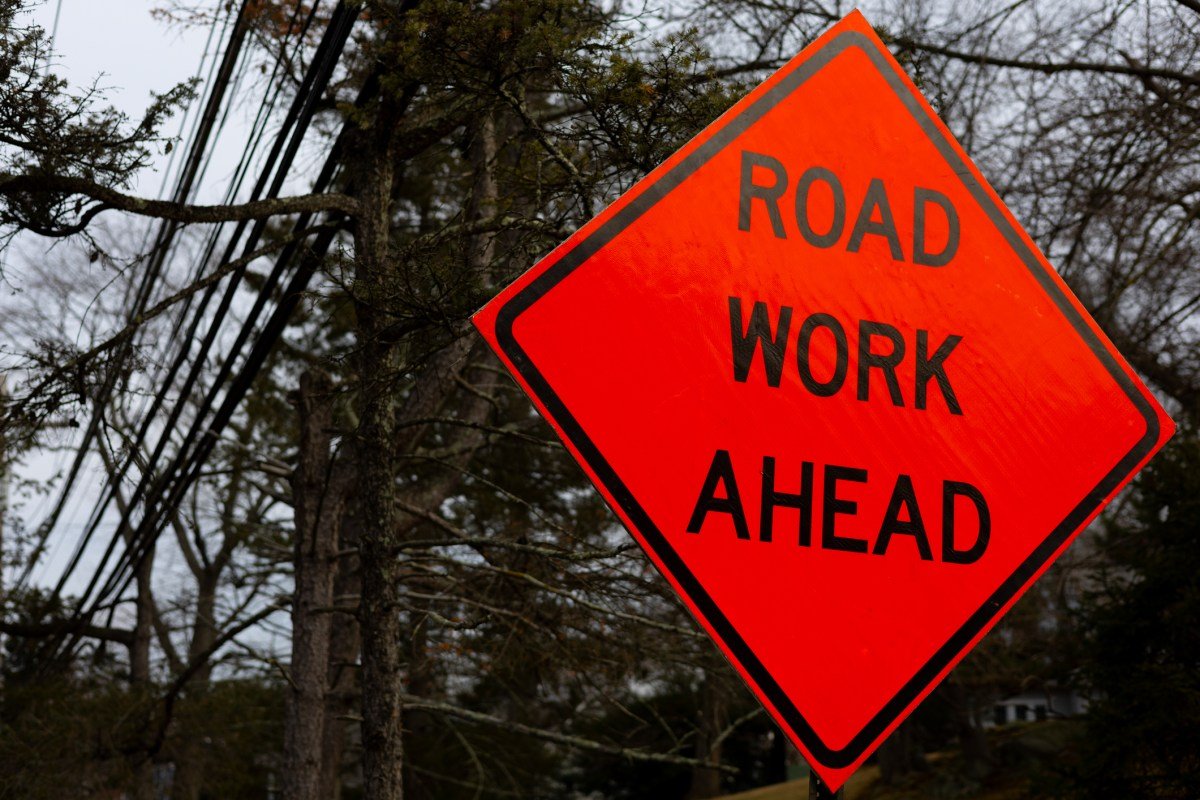As Daniel Pelaez finished his freshman year at Worcester Polytechnic Institute, he found himself in need of a job. Coming from an engineering school in Worcester, Massachusetts, Pelaez returned to his hometown and took a position at the local public works department. Here, he quickly noticed a lack of software for tracking road repairs, leaving the department to manually search for issues and fix them. Pelaez saw an opportunity to revolutionize the process, and thus, Cyvl.ai was born.
“I was filling in potholes, fixing signs and cutting down trees. And during my time there, I quickly saw firsthand they had no data on anything,” Pelaez told TechCrunch.
Cyvl.ai, a startup based in the Boston area, aims to bring a digital layer to tracking the conditions of transportation infrastructure. This includes roads, highways, sidewalks, airports, and rail systems. Pelaez stated, “Our core vision and why we started the company in the first place is to help the entire world build and maintain better transportation infrastructure.” It’s a daunting task, but the company has recently secured a $6 million investment to continue their mission.
The startup utilizes sensors to create a digital twin of the infrastructure, allowing them to pinpoint weaknesses and predict potential repairs. Using LiDAR, cameras, and sensors, combined with their own data analytics and geospatial AI pipeline, Cyvl.ai is able to provide their end-users – civil engineering firms and governments – with comprehensive data and visuals on their transportation systems.
“What we’re providing our end-users, whether it’s civil engineering firms or governments, is better data on their transportation systems than they could never have captured before and just helping them really be data-driven when it comes to building and maintaining these very large scale transportation systems,” Pelaez explained.
Pelaez admits that selling to governments is no easy feat, but they have found success by partnering with external civil engineering firms. These firms are often responsible for conducting road surveys and other transportation reviews on behalf of the city or town. By working with these firms in a channel-type relationship, Cyvl.ai is able to showcase the benefits of their technology and demonstrate how it can improve efficiency and decrease costs.
“Oftentimes, we’re really just relying on them to communicate to the government all the benefits of this technology, showing them that they were collecting it manually before, and we’re going to use this new technology to give them better data better and better visuals at the same cost, if not cheaper than what was already proposed in the in the contract,” Pelaez shared.
This innovative approach has led to close to 200 cities and towns utilizing Cyvl.ai’s software in just 2.5 years, generating an impressive $2 million in annual recurring revenue (ARR). Pelaez credits their partnership with civil engineering firms for this success, stating that their biggest competition is not other similar companies, but rather resistance to change from manual processes to digital solutions.
Currently, Cyvl.ai has 11 employees at their Somerville, MA office, just outside of Boston. They are actively hiring and plan to have 20 employees by the end of the year. Pelaez, himself the son of an immigrant, understands the importance of building a diverse team and values the hard work that goes into making a startup successful.
The recent $6 million investment was led by Companyon Ventures, with participation from Argon Ventures, AeroX Ventures, and Alumni Ventures. Existing investors MassVentures, Launch Capital, and RiverPark Ventures also joined the round, bringing the company’s total funding to $10 million.








